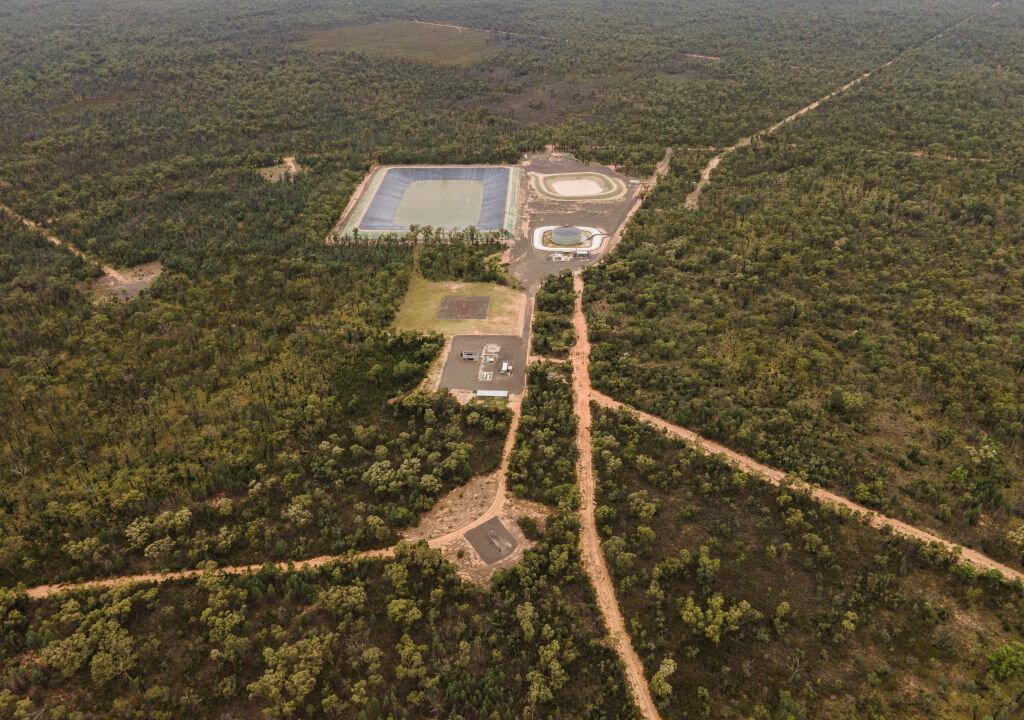The CEO of the Mining Council of Australia has described a proposed tax on coal miners and gas producers as “perverse.”
“It’s a very short-term fix, not sensible to put at risk our investment in Australia, our jobs in Australia and what industries are doing with communities,” Tania Constable told Sky News on Friday.




